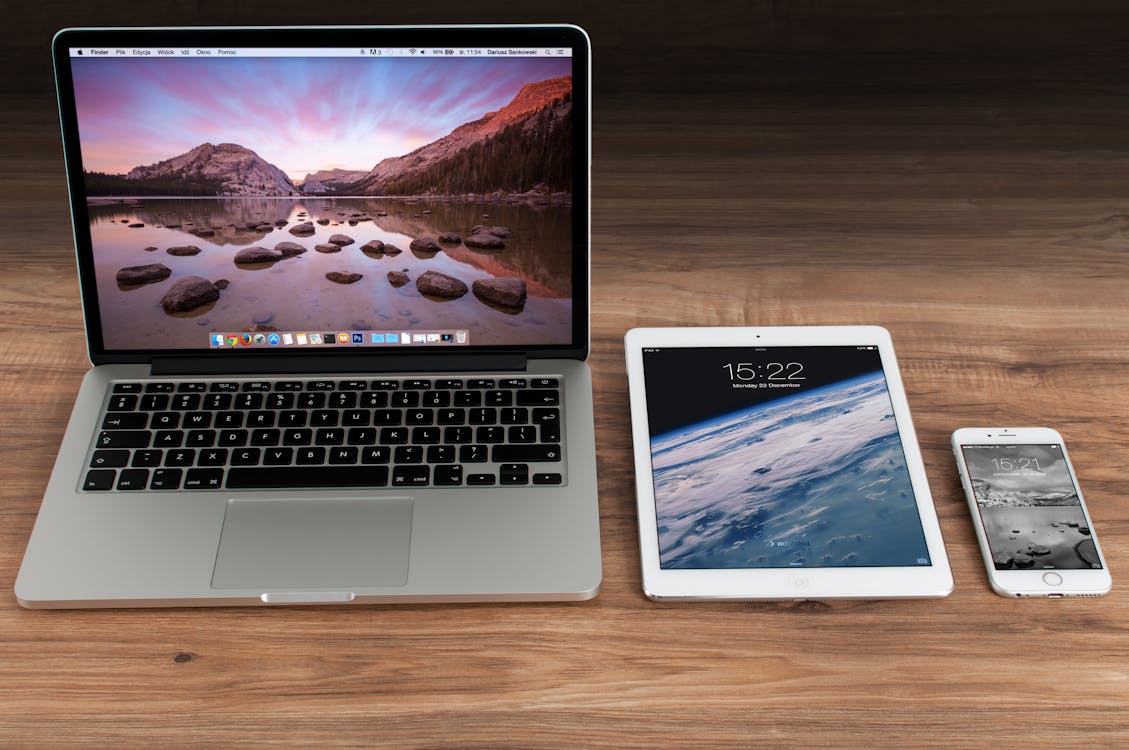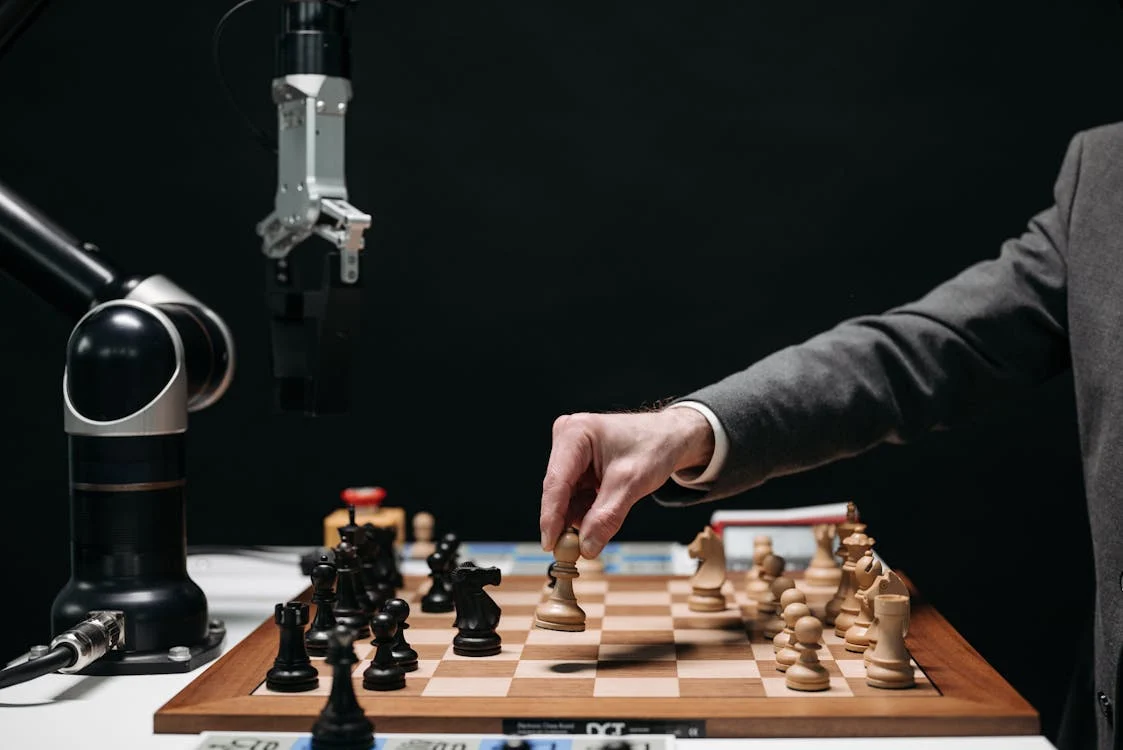WHAT IS A COMPUTER?
A computer is an electronic device that is
capable of processing and storing data according to a set of instructions known
as a program. It is a complex system made up of hardware, software, and
firmware components that work together to perform a wide range of tasks.
Computers can be used for various purposes, including data processing,
communication, entertainment, and scientific research. They come in various
sizes and types, from small handheld devices like smartphones to large
supercomputers used for advanced calculations and simulations. The invention of
the computer has revolutionized the way we live and work, and it continues to
be an essential tool in modern society.
History
and Present Computers Innovations
The history of computers spans several decades,
from the early computing devices of the mid-20th century to the modern machines
we use today. The development of computers has been driven by the need to solve
complex problems and process large amounts of data more quickly and efficiently
than was possible with traditional methods.
Early Computing Devices
The first computing devices were mechanical
calculators, which were used to perform basic arithmetic operations. The first
mechanical calculator was invented by Blaise Pascal in 1642. Other early
mechanical calculators were developed in the 19th century, including the
Difference Engine and Analytical Engine designed by Charles Babbage. These
machines were designed to perform more complex calculations and were considered
the forerunners of modern computers.
The Electronic Era
The electronic era of computing began in the
1930s with the development of the first electronic computers. The first
electronic computer was the Atanasoff-Berry computer, developed by John
Atanasoff and Clifford Berry in the late 1930s. The first fully operational
electronic computer, the Electronic Numerical Integrator and Computer (ENIAC),
was developed in the United States during World War II. ENIAC was capable of
performing complex calculations and was used to compute ballistic tables for
the US Army.
The development of electronic computers
continued after the war, and by the 1950s, computers were being used in a wide
variety of applications, including scientific research, business, and
government. The introduction of the transistor in the late 1940s and the
integrated circuit in the 1950s made computers smaller, faster, and more
reliable.
The Personal Computer Era
The personal computer era began in the 1970s
with the introduction of the first microprocessors, which allowed for the
development of smaller, more affordable computers. The Altair 8800, introduced
in 1975, was the first computer designed for home use. The introduction of the
Apple II in 1977 and the IBM PC in 1981 helped to popularize personal computers
and led to the development of a wide range of software applications.
The Internet Era
The development of the internet in the 1980s
and 1990s transformed how we use computers. The internet made it possible
to connect computers around the world, allowing people to communicate and share
information more easily than ever before. The introduction of the World Wide
Web in the early 1990s made it even easier for people to access information and
communicate online.
The Modern Era
Today, computers are an integral part of our
daily lives. We use them to communicate, work, play, and learn. Modern
computers are faster, more powerful, and more efficient than ever before.
Innovations like artificial intelligence, cloud computing, and quantum
computing are driving the development of new applications and new industries.
Artificial intelligence (AI) is a field of computer science that focuses on the development of
intelligent machines. AI has applications in a wide range of fields, including
healthcare, finance, and transportation.
Cloud computing allows users to access
computing resources over the internet, without the need for expensive hardware
or software. Cloud computing has revolutionized the way we store and process
data, and has enabled the development of new applications and services.
Quantum computing is a field of computing that
uses quantum mechanics to perform calculations. Quantum computers are still in
the early stages of development, but they have the potential to revolutionize
computing by solving complex problems that are beyond the capabilities of
traditional computers.
the history of computers is a story of
innovation and progress. From the first mechanical calculators to the modern
machines we use today, computers have transformed how we live and work. As technology
continues to evolve











0 Comments